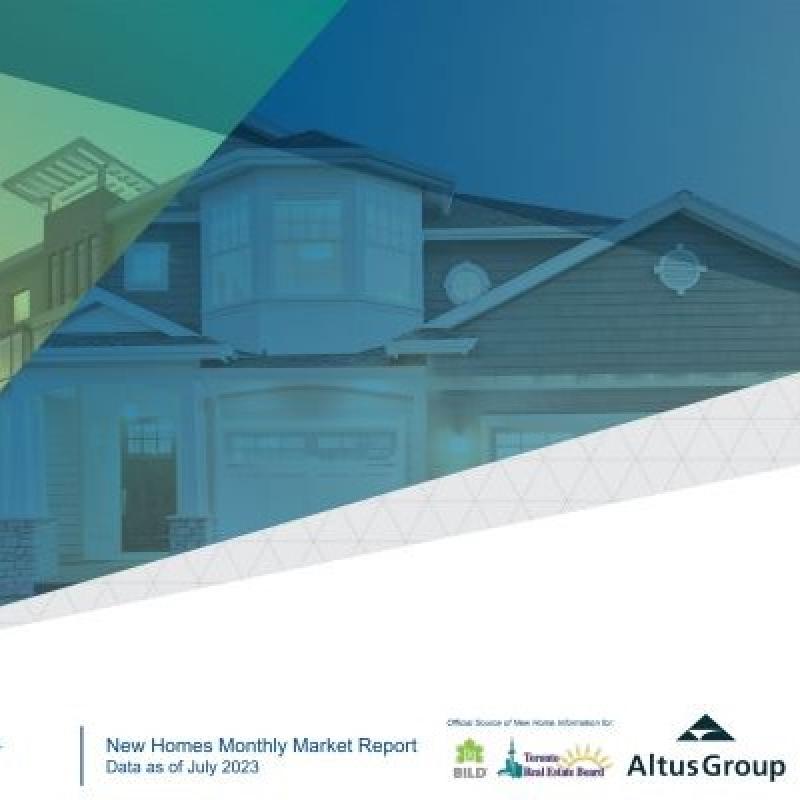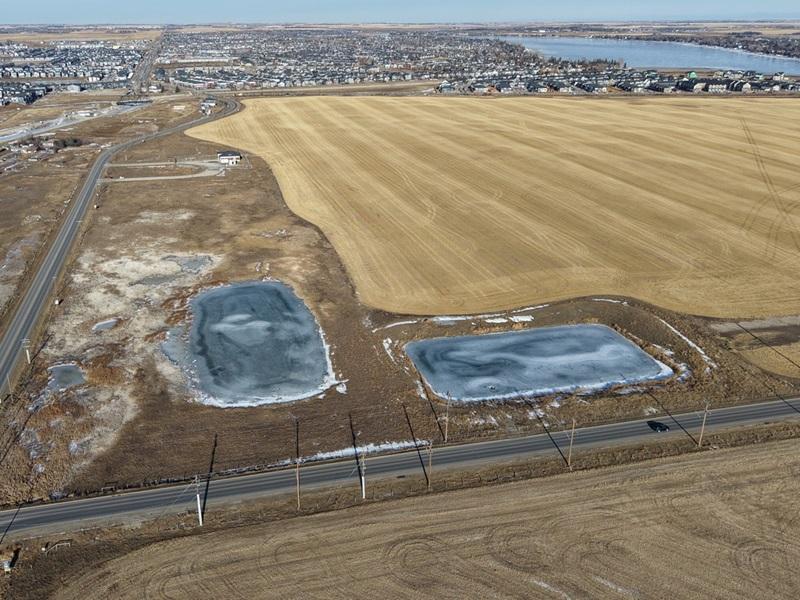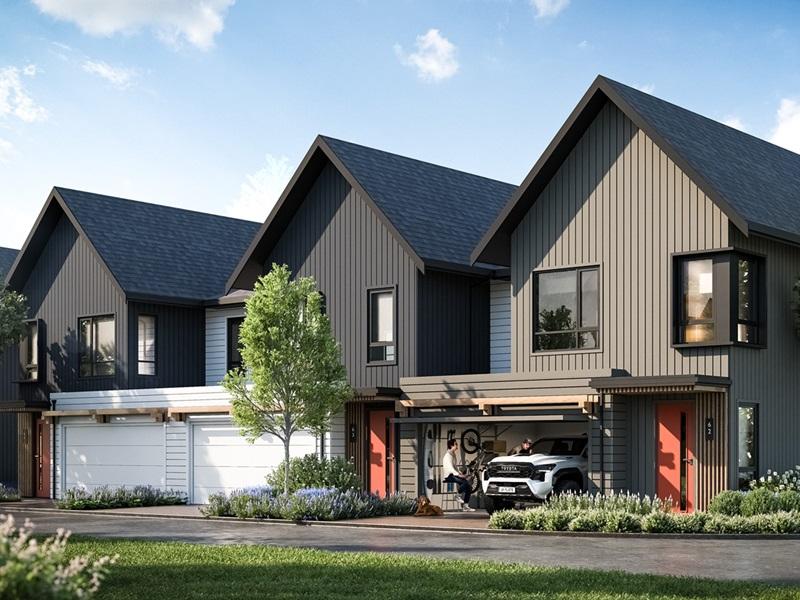
Greater Toronto Area condominium sales so far this year are down 51 per cent from 2022 totals, according to the latest report from the Building Industry and Land Development Association (BILD).
The association's July data also shows that so far in 2023 single-family home sales are up 11 per cent, but that cannot make up the shortfall from the condo market. It states 8,331 condos have sold in the GTA in 2023, while 3,858 single-family homes have transacted.
On a monthly basis, when compared to July 2022, GTA condominium sales slumped 39 per cent, but single-family home sales spiked 281 per cent.
Toronto-based BILD blamed interest rate hikes for the slowing new home market, compounding woes in what is typically a sluggish month for sales.
“GTA new home sales slumped in July. The latest interest rate hikes have pushed many buyers to the sidelines again as affordability continues to deteriorate,” Edward Jegg, research manager at Altus Group, said in a release. Altus is the source of new home market intelligence for BILD.
BILD president and CEO Dave Wilkes also stated the federal government must step in to rein in costs and increase supply.
July condo sales reach decades-low
Condo sales in July dropped to 828, the report states, almost half of the 10-year-average of 1,652. The release said it was the lowest number of condos sold in the month in 23 years. Sales were below July 2022’s 1,358 units and July 2021’s 1,694 units.
The blow to condo sales impacted overall year-to-date sales. The 8,331 new condo sales recorded year-to-date is 40 per cent below the 10-year-average of 13,870. It is less than half the 17,073 units sold in 2022 and 17,248 units sold in 2021.
The benchmark price fell nine per cent from the previous year to $1,084,768.
Remaining inventory was 14,615, with 9,056 units in pre-construction, 5,124 units under construction and 435 as standing inventory.
Regional condo sales in July 2023 were led by Toronto Region with 289 sold, with York Region not too far behind at 256. In July 2022, Toronto saw 1,006 condos sold.
Year-to-date condo sales by region have Toronto comprising most of the 8,331 new sales at 4,361. York is second at 1,963 units with Peel (799) and Halton (794) at third and fourth.
Those 2023 numbers compare to 9,962 new sales in Toronto, 1,466 units in York, 3,180 units in Peel and 1,583 units in Halton during 2022.
Single-family homes leap up
Despite the sharp decline in condo sales, July single-family home sales almost tripled from the prior year to 362, and year-to-date sales were 3,858, an 11 per cent increase.
July 2023 single-family sales were 49 per cent of the 10-year-average of 732, fared better than the 95 units in July 2022 but below the 830 units in July 2021.
Year-to-date sales are at 52 per cent of the 10-year-average of 7,475 – higher than 3,463 units in 2022 but below the 9,570 homes in 2021.
Remaining inventory stood at 2,068 and the benchmark price decreased by 13.5 per cent to $1,673,696.
York Region took up most of the new home sales in July 2023 at 193 units out of 362. Toronto sold only two units, fewer than York (193), Peel (78), Durham (50) or Halton (39).
York saw the biggest jump from 2022, when 21 single-family homes were sold.
Regional year-to-date sales saw Durham leading at 1,269 units. Halton (957), York (861) and Peel (723) followed, with Toronto at 48 sales.
In 2022, York had the most July year-to-date new single-family home sales at 1,205 units.
Condo sales decline hits overall sales
July total new home sales totalled 1,190 units and year-to-date sales numbered 12,189. Remaining inventory measured at 16,683.
The July figure was approximately 50 per cent of the 10-year-average of 2,384 units sold. The total year-to-date new home sales were just 57 per cent of the 10-year-average.
Government needed to help, BILD CEO says
Wilkes said in the release the federal government must take a role in “in helping provinces, municipalities and the industry meet housing demand pressures for which its own policies and federal institutions are in part responsible.”
He proposed policies to help with affordability and increase new housing supply:
- deferring HST on purpose-built rentals;
- helping municipalities financially to deliver infrastructure that supports housing; and
- indexing the thresholds for the GST/HST new housing rebate.
A similar call to action was made by the National Housing Accord for rental-style housing.










